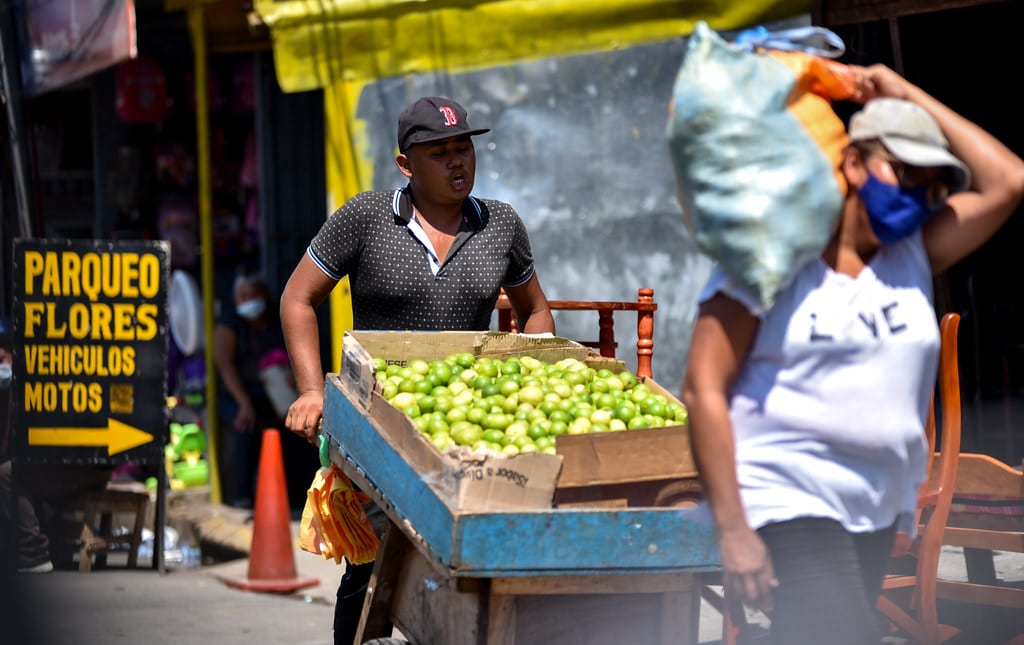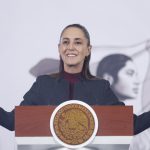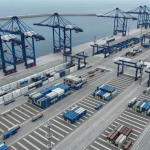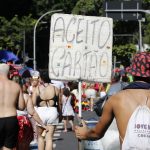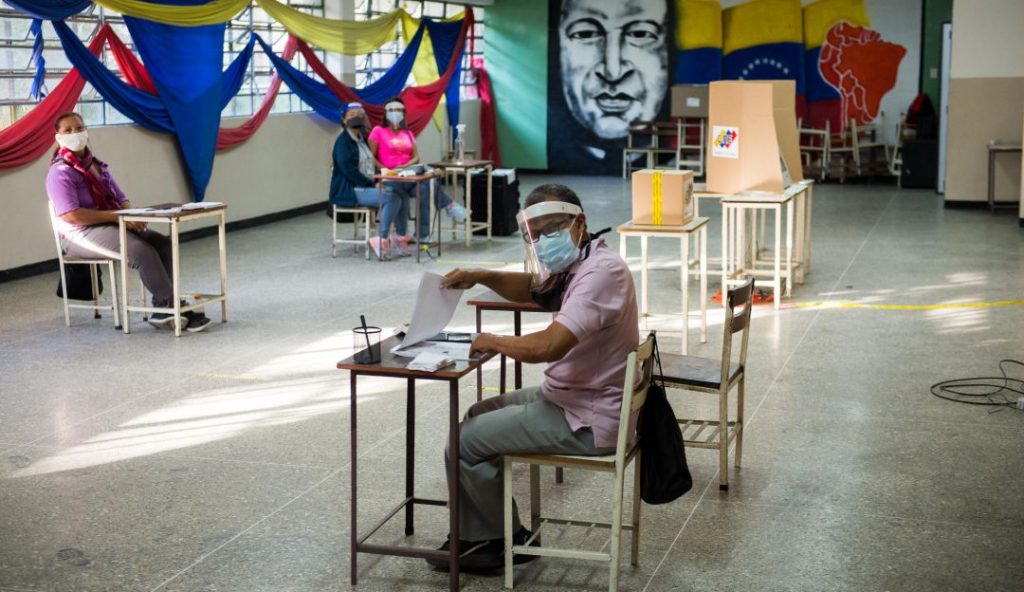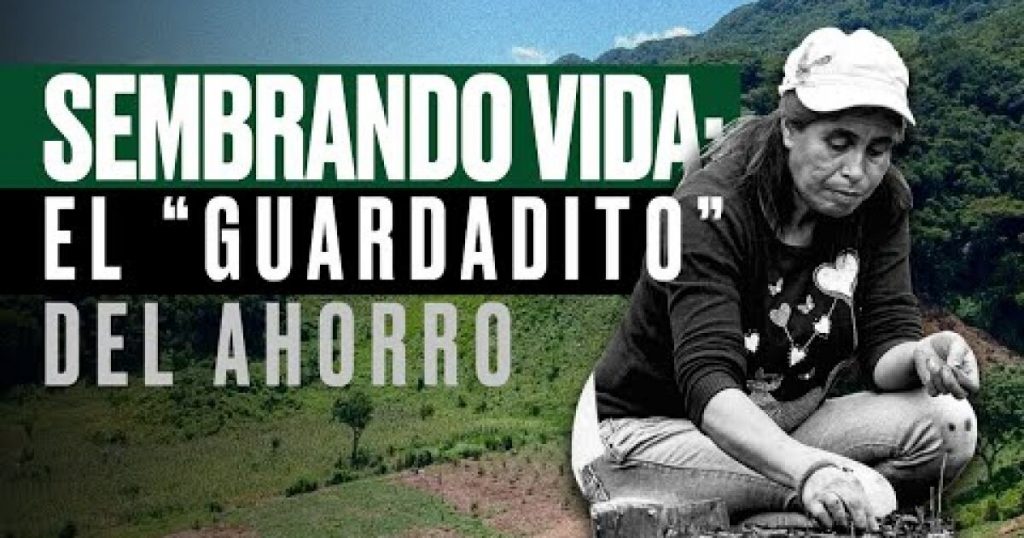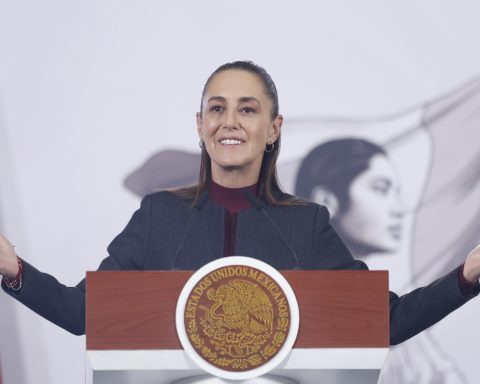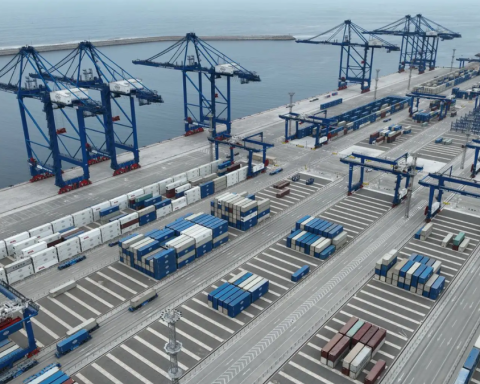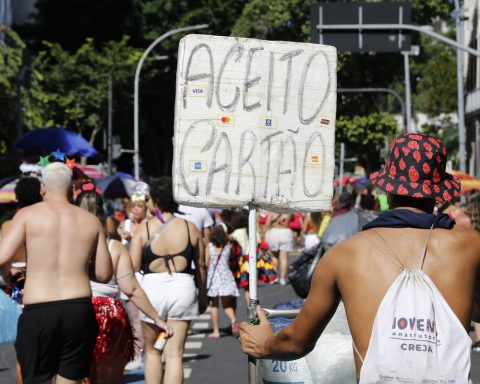According to three Nicaraguan economists, the continuing deterioration of the economic variables will be the hallmark of a new government of Daniel Ortega, after the elections on November 7, in which Ortega seeks to be reelected without political competition for a fourth consecutive presidential term.
Ortega’s reelection in elections without credibility faces growing condemnation from the international community, challenges starting to take their toll, as shown by the vote of the Organization of American States (OAS), on the morning of Wednesday, October 20.
“I don’t see how Ortega can remain in power under the present conditions. There will have to be some drastic change in some of the lanes in which it moves, so that it can continue for five more years ”, visualizes the economist Enrique Sáenz.
“If they want to maintain the macro balance, they will have to apply an economic shock, the damaging results of which do not last one or two years, but three, but if the international community keeps its eyes on Nicaragua, as seen at the OAS, then resources will not continue to come to the country“Adds another economist who asks to omit his identity.
“Between 2022 and 2026, the regime has no guarantees that it can be sustained for a long time, due to economic factors, international pressure, and the implosion process that is taking place in the country,” says economist Óscar René Vargas. .
The sociologist also refers, first of all, to growth forecast average of 1.8%, for the period 2022 – 2026, which exactly coincides with the five-year period that will begin on January 10 of next year.
“Those numbers are not enough to solve any of the country’s economic problems”, He points out, because growing up 1.8%, actually means economic stagnation, as a reflection of the lack (or limitation) of foreign investment and local, which would lead the country to a process of haitization”, He warned.
It refers to a situation where “impoverishment accelerates; the gap between rich and poor is increasing, and therefore, citizen insecurity grows, with which the regime’s response will be to increase repression, which will also affect its own social base ”.
Economy with political crisis
After pulverizing the country’s legal framework, Ortega determines his courses of action by the existing correlation of forces, and the reading that he does in each situation, says Sáenz.
In the economist’s opinion, the electoral farce does not resolve the international isolation of the regime, as highlighted by the resolution of the OAS Permanent Council. Nor will it solve the political crisis, as evidenced by the results of the CID Gallup poll. Instead of regaining his social base, he continues to lose it. If it does not solve the international crisis and the political situation, it will not be able to solve the economic and social crisis either, ”he says.
Sáenz is convinced that the regime’s economists will be able to keep macro indicators stable, but the regime cannot solve the crisis, nor the impact of the crisis on the population.
“Central Bank data They support the triumphalist discourse on economic growth, but also illustrate that, instead of increasing, the number of INSS affiliates has decreased. The INIDE data show that, instead of improving the number of underemployed and unemployed people, open unemployment and underemployment are growing, ”says Sáenz.
It also seems “a contradiction” to say that the GDP grew 9.9% in the first semester, when the Central Bank figures show the sustained and progressive deterioration of workers’ real wages.
Also, he considers that, given that Ortega is not solving those crises, it does not seem foreseeable to him to project the continuity of that crisis for five more years, and that he remains undaunted.
He adds that a serious team, trying to manage the country’s economy for the next five years, would have to think about an economic shock that would mean a restriction for the most disadvantaged, including children under five, pregnant women and the elderly.
“Nicaragua, on the other hand, will have to see how it copes with the payment of public debt: it is expected that this year, the GDP will once again exceed the barrier of 13 billion dollars, but the external debt (public and private) it already exceeds 12 billion dollars ”, remarked the economist who requested anonymity
Who will dare to do new business?
Like a self-reinforcing spiral, the deterioration of the business climate affects the economy, which in turn further deteriorates that business climate.
“Unlike Cuba and Venezuela, which have political regimes with the same vocation and will to stay in power, with the same dictatorial nature, in Nicaragua the economic activity and income of the population depend on the small, medium and large private activity, ”said Sáenz.
Given that in Nicaragua, employment depends on this private investment, if investors are affected by uncertainty, “they will hardly risk beyond what conditions allow them, and without this investment, there will hardly be new jobs, better salaries, or better living conditions for the population ”, he defines.
Sáenz recalls that the dictatorship says that “until April 2018 the economy was going from strength to strength, but the data show that this is a blatant lie: this economy was based on Venezuelan cooperation, and by depleting those resources, private investment and job creation collapsed ”.
The April Rebellion occurred due to “the deepening of a crisis that had come before,” he adds.
At this moment, if someone is going to invest their savings (whether thousands or millions of dollars), they will need a guarantee that they will not lose them, and that they will obtain a higher return than they would gain by investing it elsewhere, says Sáenz.
The economist who asked to keep his identity in reserve expresses himself in similar terms, by ensuring that, with these symptoms, the investment will not be felt.
“An entrepreneur reviews costs versus profits; the type of business I could enter, transparency to do business, economic and social stability. The antecedents indicate that Nicaragua is going through a lot of social instability, which can erupt at any moment. In these circumstances, the return on investment would have to be higher than what can be achieved in other more stable countries, in order to take the risk of investing in an unstable country”, He illustrates.
Sanctions and Justice
Added to that is the fact that a sensitive part of the state leadership is sanctioned, and that it is not known for how long it will continue like this, which could extend throughout the five-year period to be released in January 2022.
Several of the highest officials of the regime, besides being sanctioned, are also on the Basel list and on the International Transparency, which is not a good sign, not even for this government, nor for his officers.
Sáenz includes other variables that an entrepreneur must consider, when faced with the option of doing business in an economy in crisis, first mentioning the strength of the economy, exchange rate, the fiscal deficit; a controlled inflation, and that exchange freedom is ensured.
From a legal point of view, that businessman would also analyze the institutional and judicial guarantees that give security to his investment but “if there is a mafia that controls the Judiciary, whoever does not play with that mafia has a lost case,” he defines.
Vargas agrees with Sáenz, assuring that “on the legal issue, in Nicaragua there is no guarantee. Today they tell you one thing and tomorrow they do another. The judicial system does not give legal security to capital ”. And the consequences of the repressive escalation that this week imprisoned the president of the Superior Council of Private Enterprise (Cosep), Michael Healy, and the vice president, Álvaro Vargas, are still pending.
Politically, Sáenz insists, he would have to see that Nicaragua’s is a regime that cannot be sustained if not with repression, and in that case, “what are the prospects for internal legitimacy and the sustainability of that regime? ”, He questions.
Finally, in the international arena, it warns that, “if that government is in conflict with its main commercial partners, this conflict can escalate, which could have negative consequences for an investor, whether national or foreign.
It is difficult for them to take us out of the Cafta
The approval of the Renacer LawAs drafted at this time, it would grant US President Joe Biden the power to exclude Nicaragua from the Free Trade Agreement between the Dominican Republic, Central America and the United States (DR – Cafta).
“Personally, I don’t think they are going to take Nicaragua out of Cafta. First because would have an atomic bomb effect on the country, which is not convenient for the United States, due to the subsequent instability, with a negative collateral effect for the rest of the Central American countries, ”says Vargas.
For Sáenz, the Cafta is one of the cards that the US administration can play to intensify international pressure. “That is feasible from a legal point of view, but there are other factors to consider, because it is not a bilateral agreement, but a multilateral one. The other Central American governments would not be happy, he explains, because there are other interests involved, which not only have to do with Nicaragua.
